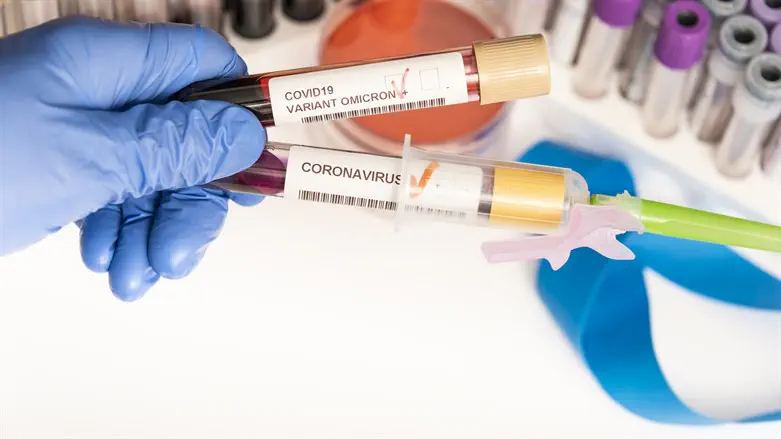
There is no indication that the Omicron variant causes more severe disease than previous COVID-19 variants, and existing vaccines should protect people who contract it against the worst outcomes of the disease, a top World Health Organization (WHO) official told AFP on Tuesday.
"We have highly effective vaccines that have proved effective against all the variants so far, in terms of severe disease and hospitalization, and there's no reason to expect that it wouldn't be so" for Omicron, said Michael Ryan, the WHO’s emergencies director.
He stressed, however, that more research was needed.
Earlier on Tuesday, the Chief Medical Advisor to US President Joe Biden, Dr. Anthony Fauci, said that the Omicron variant is “almost certainly” less severe than the Delta variant.
“Real-world evidence is accumulating rapidly — literally on a daily basis — to allow us to determine increase in cases, possible increase in reproductive number, and the rapid replacement of Delta by Omicron in certain situations,” Fauci said at a White House press briefing.
“It’s too early to be able to determine the precise severity of the disease, but inklings that we are getting — and we must remember these are still in the form of anecdotal, but hopefully in the next few weeks we’ll get a much clearer picture — but it appears that with the cases that are seen we are not seeing a very severe profile of disease,” he added
“In fact, it might be, and I underscore might, be less severe,” Fauci stated.
US President Joe Biden said last week that the newly discovered Omicron variant “is a cause for concern, not a cause for panic.”
“We have the best vaccine in the world, the best medicines, the best scientists, and we're learning more every single day. And we'll fight this variant with scientific and knowledgeable actions and speed, not chaos and confusion. We have more tools today to fight the variant than we've ever had before,” he added.
Later, the US Centers for Disease Control and Prevention (CDC) issued a new guidance recommending booster shots for all vaccinated people 18 and older.
The guidance, which previously said adults “may” get boosters, now says they “should” get a third dose of the Moderna or Pfizer shot six months after their second dose. The same recommendation applies to those who received the single-shot Johnson & Johnson vaccine but after only two months.
